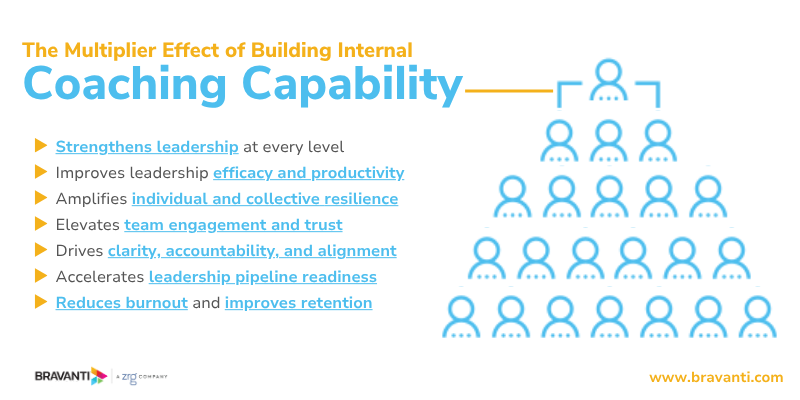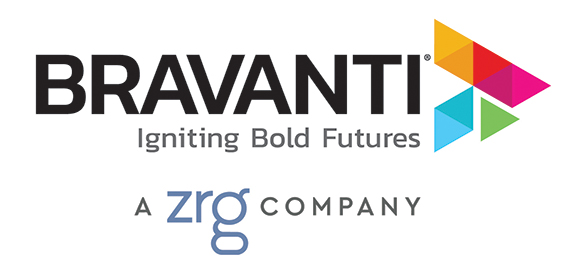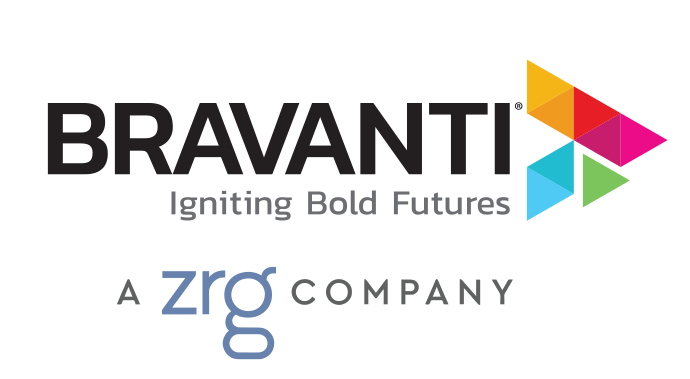Welcome to Coaching as a Leadership Capability, a three-part series exploring how coaching is transforming modern leadership from command-and-control to coach-and-empower. From the conversations that matter to building capability at scale, each piece offers actionable insights for leaders and organizations.
In Part 1 of this series, Why The Best Leaders Are Coaches, we explored why coaching is becoming a defining leadership capability — one that drives performance, builds trust, and supports thriving teams. In Part 2, 6 Conversations Every Leader Must Master, we translated that philosophy into practice, highlighting the key coaching conversations that fuel clarity, growth, resilience, and accountability.
Now, in Part 3, we focus on the next step: building coaching capability — both at the individual level and across the organization. Because knowing that coaching matters isn’t enough. To unlock its full potential, leaders need to develop the habits, skills, and support systems that make coaching a consistent, everyday behavior. And organizations need to make coaching part of how leadership happens — not just a one-time event or isolated initiative.
Getting Started for Leaders: How to Integrate Coaching into Your Leadership Style
Coaching doesn’t need to be formal or time intensive. It’s often more about how you show up in the everyday moments — how you listen, ask questions, hold space, and offer support.
To start integrating coaching into your leadership style, pick one conversation type and begin integrating it into your 1:1s or team meetings. Over time, you’ll develop the awareness, agility, and trust needed to make coaching a natural part of your leadership approach.
Practical Tips:
- Swap advice for questions. Instead of “Here’s what you should do,” try “What options are you considering?”
- Create space. Make room in conversations for reflection — not just results.
- Follow through. Coaching loses power if commitments aren’t tracked and supported.

Getting Started for Organizations: How to Scale Internal Coaching Capabilities
When organizations equip leaders with coaching skills, they unlock a multiplier effect: stronger teams, higher engagement, and better talent development.
Building this capability starts with formal training, ongoing support, and embedding coaching into performance systems and cultural norms.
Practical Tips:
- Offer coach training for people leaders and high potentials.
- Recognize and reward coaching behaviors in performance evaluations.
- Integrate coaching into leadership development, succession, and onboarding programs.
Internal Coaching: Your Next Strategic Advantage
At Bravanti, we specialize in helping organizations build internal coaching capabilities that scale — from one-on-one conversations to enterprise-wide culture shifts.
Our global cadre of certified coaches use a proven approach that blends certified training, personalized coaching, and strategic integration to equip your leaders with the skills to drive real, tangible results at every level.
Our Building Coaching Capability solution helps companies:
- Scale internal coaching in an affordable way
- Easily integrate high-impact coaching training into existing L&D programs
- Motivate and engage participants in continuing professional development
- Maximize existing institutional knowledge and preserve culture
- Equip leaders to navigate uncertainty and the fast pace of change
We’ve designed a proven approach to building coaching capabilities that delivers powerful results for the companies we partner with — including more than $150M in ROI for one client. That’s the power of leaders who know how to coach — and organizations that invest in making it possible.
Ready to start transforming your leaders into performance multipliers?
Connect with our Executive Coaching team for customized recommendations for your organization
Additional Resources for Building Coaching Capabilities
Coaching Skills for Managers: How to Integrate Coaching Into Your Leadership Style
How Coaching Works: The Power of Psychological Capital
Coaching’s Role in Leadership Development
How A Coaching Culture Can Transform Your Organization
What is Executive Coaching? Benefits & Examples

